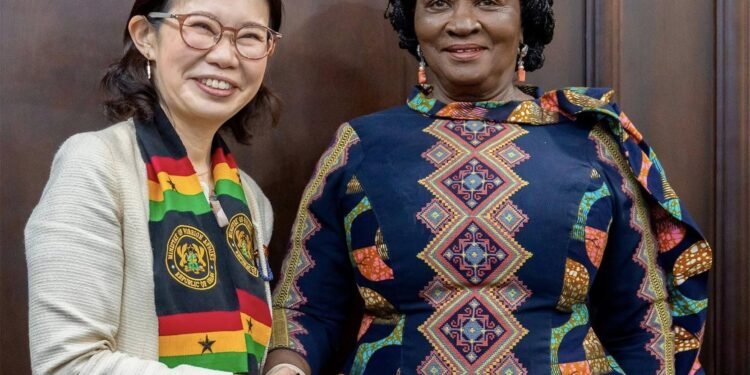Fueled by the growing acceptance of In Vitro Fertilization (IVF) as a path to parenthood in Kenya, young women in tertiary institutions are offering to donate their eggs to fertility clinics for money.
The remuneration attached to egg donation is a tempting offer that most ladies cannot reject, especially in these times of financial hardship.
Fertility experts estimate that about twenty per cent of couples are unable to conceive due to fertility challenges making egg donation their only option for their dream of having a baby to materialize.
Dr. Sarita Sukhija, a consultant gynaecologist and fertility expert who runs Myra Fertility Clinic in Westlands, disclosed that since opening the clinic in 2022, there has been an influx of calls especially from ladies in the university seeking to “sell their eggs”.
Dr. Sarita Sukhija revealed that most of the ladies are motivated by money with compensation ranging between 60,000 and 70,000 Kenyan shillings for female donors.
“At our reception, we get a lot of calls from girls inquiring how they can sell their eggs, most of them are young students in universities who of course want to do it for the money.”
Dr. Sukhija
As stated by Dr. Sukhija, the most eligible female donors are those aged twenty-five years. Donors in this age are considered to have sufficient quantity and high quality eggs.
Egg Donation Not As Stress-Free As It Sounds
Nonetheless, egg donation is not as stress-free as it sounds, the fertility expert iterated that a number of factors are taken into consideration before one can be allowed to donate, including a rigorous screening process.
The donors are required to surrender any information asked of them including blood type, occupation, level of education, eye color, hair colour and texture, height, weight, religion and ethnic group among others.
“We don’t take anybody just like that. We look at their age, we screen them for genetic diseases, take medical history, we also check if they are doing it willingly and do other psychological analysis.”
Dr. Sukhija
In addition, the donors are meant to understand what they are doing and if they agree their consent is registered waiving any rights on the child/children conceived from their eggs.
“Their consent means it is going to be an anonymous donation. We don’t even let the couple know who is donating for them and after that we take them.”
Dr. Sukhija
Girls/women donating eggs are first injected with drugs to stimulate their ovaries before doctors can retrieve the eggs. This procedure is a bit painful and hence is done under anesthesia.

To increase chances of success in IVF treatments, more than one egg is fertilized but not all of them are implanted.
Extra embryos are frozen and can be used in case the implanted ones are not successful.
Dr. Sukhija said success rate of IVF at the clinic is between 35 to 40 per cent, and that about 7 patients who attended the Myra Clinic had successful IVF procedure and most have delivered.
The cost of IVF is however not cheap. “The cost of injections is expensive in Kenya at Sh100,000-120,000 and disposables are also expensive. This makes the procedure slightly expensive,” stated Dr. Sukhija.
Dr. Sukhija encouraged women especially those who first want to finish their education, pursue their careers or are yet to meet the right partners before they can get babies, to freeze their eggs.
“Remember the biological clock is ticking and you can freeze your eggs when you are 30 and use them in your late thirties or in your forties.”
Dr. Sukhija
Eggs can be frozen for many years, but the cost of storing them is also not cheap.
READ ALSO: South Korea Considers Setting Up Funds To Compensate Forced Labor Victims























